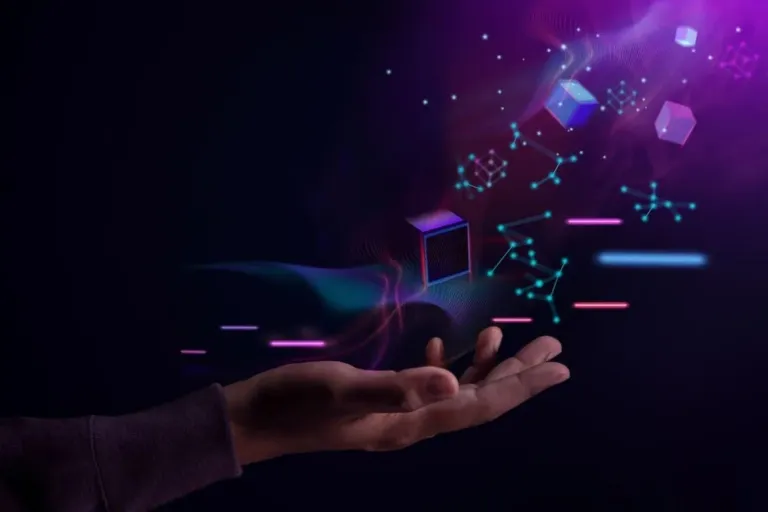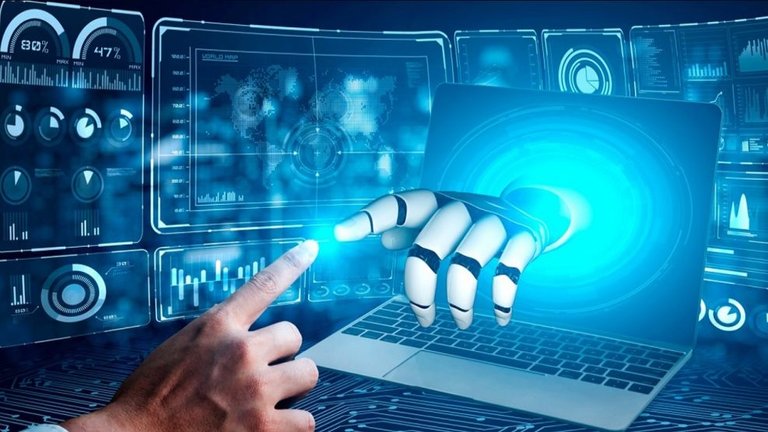It is bound to be an inevitable wave in the future of digital technology, but the Agentic Internet will arise sooner or later. Whosoever owns it, changes the way we interact on the internet, introducing intelligent agents into nearly every aspect of our digital life.

To those who may know me and my work, it is no secret that my support of Web 3.0 emanates strongly from one factor: ownership. Whereas older frameworks operate on the production variability of being corporately private or governmentally public, Web 3.0 works on a full ownership model-one that is in community. Within this very structure, no one entity bosses over the digital economy but shares it mutually. We will need further development of Web 3.0 in order to develop this vision into an infrastructure based on data-the raw building block of digital space. Shared understanding of data also underlines the Agentic Internet.
Defining the Agentic Internet

By Agentic Internet, we imply an internet dominated by independent agents of AI. That evolution has already started and is developing so fast that in the near future, billions of agents will carry out diverse tasks across all platforms. Some companies have already spearheaded means of enabling users to build and deploy their own agents. Just for example, very recently, Coinbase introduced a platform that actually merges AI and cryptocurrency, where creators are allowed to create crypto-based AI agents in a few minutes. They called the tool "Based Agent," and with it, this duet of AI and crypto is brilliant, considering digital currency becomes a native medium for these intelligent agents.
Meanwhile, Google is also contributing to this evolution with the recently announced Project Astra at Google I/O 2024. This involves developing AI agents that directly interface with the physical world via rich multimodal input like text, video, and audio. LinkedIn looks at this from another angle with their AI Hiring Assistant, which for now aids in hiring but will soon become a full-fledged hiring agent.
The Future Shape of the Internet

The Agentic Internet represents an extreme pendulum shift forward from the means to which the website-based ways of interacting have dominated to date. In this new epoch, with agents increasingly autonomous, the web as we know it—built around pages and hyperlinks—will give way to an ambient, computational ecology in which agents will interact. Websites will be what does not exist anymore: obsolete technology, akin to other generations' instruments of communication.
Agent-to-agent communication will bypass websites much of the time for the retrieval of content, creating an automated information exchange. In this world, which is simultaneously in creation and foreshadowed by Web 3.0, the question becomes an important one relative to who is in control of this data-driven ecosystem. Where decentralization does not occur, there lies the risk of Big Tech companies consolidating even more influence. For instance, Google's AI Overviews summarize search results for users; often, it just gives a short answer with links. While these types of AI-powered summaries may boost engagement today, agent-driven interactions will doubtlessly reduce the need for web searches in the future altogether.
Personal and Business AI Agents
AI agents are going to be inseparable for any individual or business entity. Each of them will differ in their skillsets, which get updated with every new input of data. The personal AI agent will learn from its user's data and modify its actions to serve better for the individual preferences and routines. In businesses, the AI agents will be performing lots of functions, each of which would cater to specialized requirements of various organizations. These will be some of the basic building blocks of the automated, agent-driven Internet. They will interface with other agents; from customer service to administrative functions, if it can be done online, it will more than likely have an agent performing the function.
A view to 2030
By the year 2030, AI-powered agents will dominate Internet traffic, rejigging most of the digital interaction. Rather less surprisingly, it may appear. Already, a chunk of web activity is done by automated systems, computers are in charge of over half of the Internet traffic and also stock market trades, while automation is as basic as bill payments.
This automation will be taken a step further by AI agents to include ordering and delivering groceries, even by the robots themselves. As agents ubiquitous, the data underneath will move from important to critical. This is where open blockchain-based decentralized data systems are a necessity-to prevent cascading corporations from controlling them. Open permissionless networks ensure that no one can control or bar access from selected parties, hence allowing one and all to use the data in a resiliently diverse Agentic Internet. By 2030, tens of billions of agents could be populating it. A question then becomes whether they will sit within big, centralized platforms such as Google and Meta, or if they can go inside open blockchains and decentralized environments. In that sense, what we do now determines the control of the Agentic Internet as a platform for new power structures: empowering users and giving greater autonomy and freedom in the digital space. The Agentic Internet is coming.
Posted Using InLeo Alpha
Hello.
There is reasonable evidence that this post is a rewritten AI prompt.
We would appreciate it if you could avoid publishing AI-generated content (full or partial texts, art, etc.).
Thank you.
Guide: AI-Generated Content = Not Original Content
If you believe this comment is in error, please contact us in #appeals in Discord.